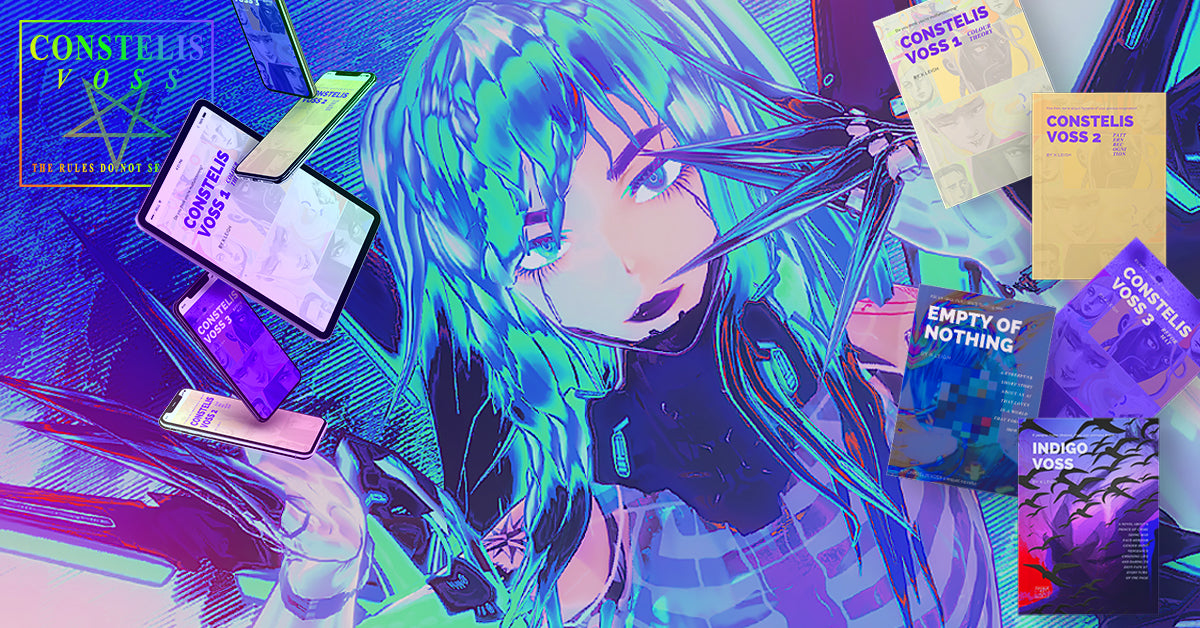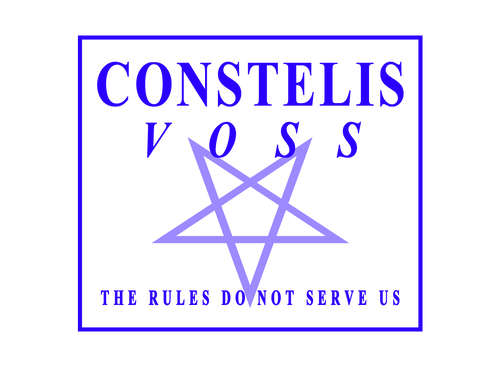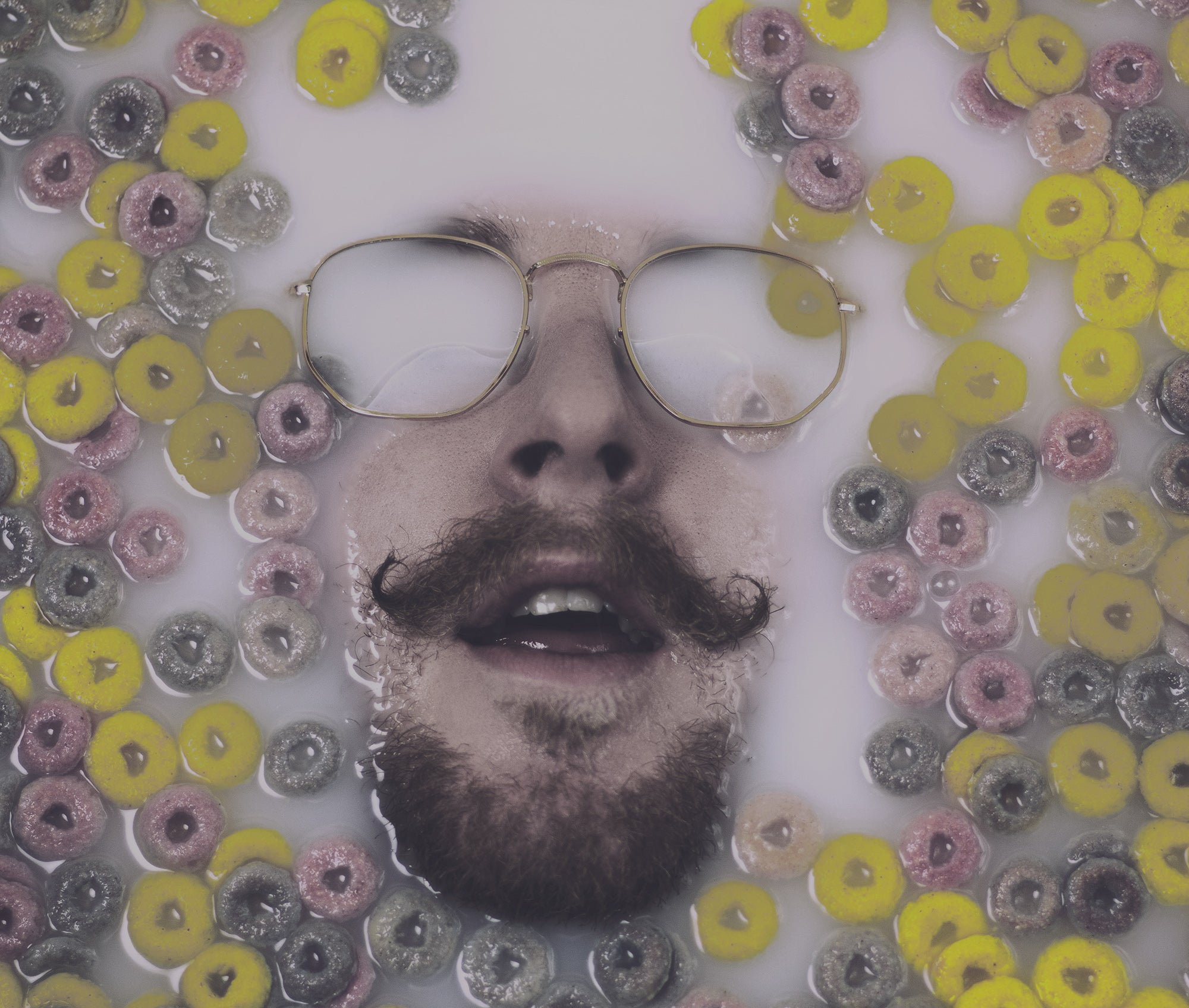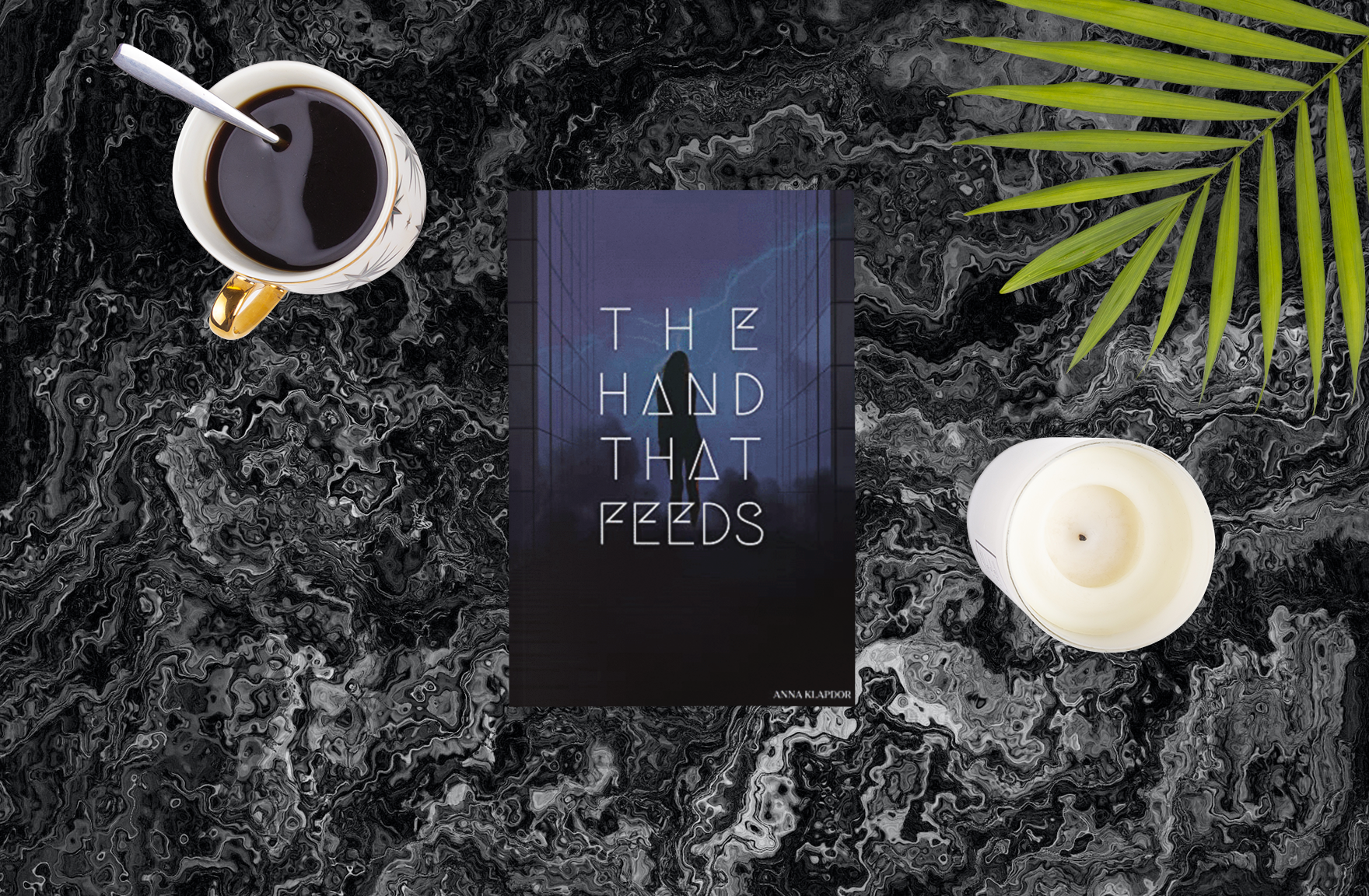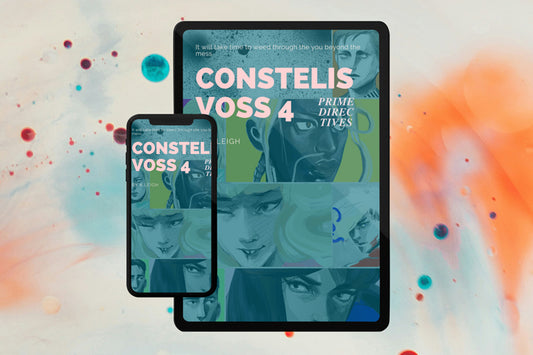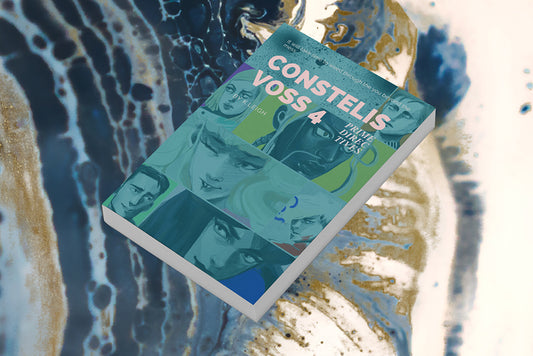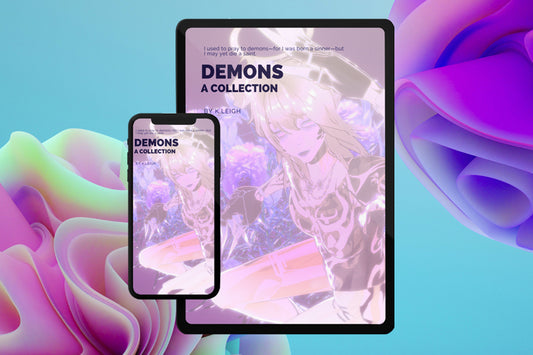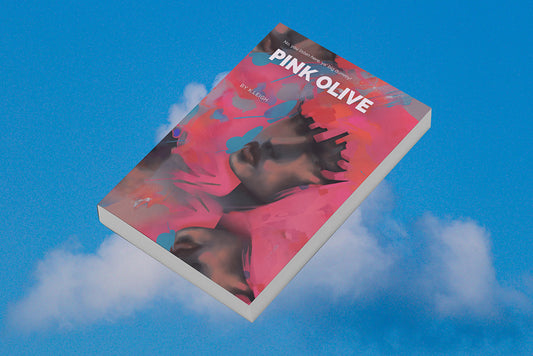I remember early-on while working my first Startup job, the CEO asked me a question. He asked: "If you could get $50 now, or wait a year and get $100, which would you choose?" I told him something like "Doesn't really matter, but I'd be fine waiting." He paused, glanced at me, hesitated, then said "No. Wrong. Most people would take the $50." (Or something equally dull.)
I am not most people.
I'm someone who grew up poor in a rural, borderline white-trash neighborhood with even poorer friends. I'm used to financial insecurity. I'm used to not knowing when a paycheck's coming in. I'm also someone who knows chasing money slowly kills you.
I don't care for money. What I value most is Art, which needs time, which money buys. In my eyes, art is the only goal worth chasing besides joy, and closeness with the people (and pets) I love.
My preference for art over money has naturally confused people. Friends who grew up very well-off found it bizarre that I didn't care about their new houses, many expensive toys or otherwise.
Adult friendships found much of the same; no interest in their brand-name clothes, huge commission deals, or ugly, expensive cars. As for family—they were a bit better—but milestones of adulthood marked by cash did come up. If it isn't art, I couldn't care less.
Freelance clients were fascinated. I landed many by simply not caring at all about who they were, how much money they had, or who they knew. Money and status aren't interesting, but art is.
For this reason, they'd bring me projects that were creatively fulfilling and I'd charge them less than expected. If they'd even briefly touched the arts? I'd charge them nearly nothing at all. Artists and fans of art are interesting.
All my life, I've never chased money. Even when I scaled the freelance heights, I preferred time over cash: Work on things I love and get paid decently. If I don't love a thing, ask for more cash for the time sacrificed. It served me well. Until it didn't.
Stepping into the arts again after over a decade felt like walking into a bad theater production. Again. Publishing's actors would break out into song—The Magic Of Books—but every word was about sales, marketing and hegemony. Shrinking in my seat, I wondered "Was the audience hearing it, too?" Bright eyes and big smiles greeted me. They weren't. This became even more concerning (and familiar) as time went on.
There's something that many people don't know about me: I used to be a gallery artist with shows all over the world. Fine art was ditched for tech. The reasons are many, but to make it simple, imagine a ham-and-cheese fisted, sweaty little man manhandling my portfolio and asking me if I could command "$10,000 per show." That had been an opportunity to sell myself. Not knowing business, I stared at the oversized ugly paintings of New England crabs, removed my work from his greasy hands, and left the arts. Forever.
The arts weren't all bad. Arthur Dion of Boston's Naga Gallery is a stand-up gentleman, scholar and true steward of the arts. Most of my peers were skill-poor capitalists playing at art, but many more were true artists and poorer for it.
Suffice to say, I wasn't interested in the play of art around a core of cash. I thought to myself, "If it's all business anyways, I might as well peddle my tech skills." And so I did. I was surprisingly good at business-proper, because it's transparent: cash and growth rules—nothing else. Brutally simple.
Business people also value time like I do, which was comforting. Despite success, the value systems don't—and never will—mesh. I couldn't care less about money. It drives men to madness, fuels the raping of the earth, hurts people and it's boring. Art and artists are interesting. Crafting technical tools is fun. Living and loving life is wonderful. Money is just an ugly New England crab painting that all of us have to (sadly, frustratingly) deal with.
But as I get older (and face hurdles my noggin alone can't solve without cash) my opinions about art and money feel agonizingly stupid. If the world is built around chasing abstract numbers—and if you don't, you die—am I just sitting in publishing's theater, judging what is for what should be? Should I be bright-eyed and smiling? Should I pretend there isn't a core of cash that makes art into content?
Should I be like most people? Take the $50, join the Capitalist Musical, spin about on a stage, and sing-lie through my teeth about the Magic of Books? Write a popcorn-novel in two weeks and peddle it on Amazon's devil market with my marketing skills? I'm not sure anymore.
As surgery looms, my timeline for CONSTELIS VOSS grows shorter. Not only that, but as tech aims to destroy the artist class—and my burnout zaps what little energy I have for real art—maybe art over money is really self-sabotage.
If being a ruthless business fuck is safer, isn't not choosing that fairly insane?
In truth, I don't believe loving art more than money is stupid. But I do think much of the world thinks so. But what if that's truly more insane than chasing art to the ends of the earth? When you know color like song, music like touch, dance like lightning, prose like the deepest kiss and a choir of feelings just beyond the pages...money seems like the agonizingly stupid thing to chase. For everyone on the planet, actually.
Isn't that right, Emily Haines?
